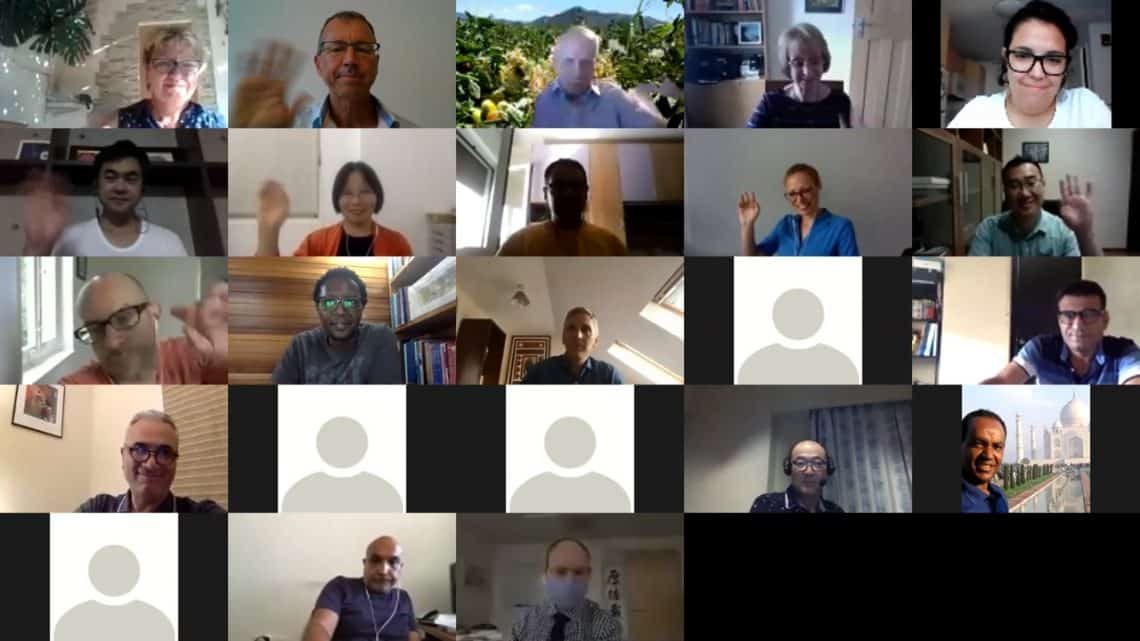The International Parasitic Plant Society (IPPS) has the tradition to award prizes for the best three posters at the World Congress for Parasitic Plants. This year at the 17th WCPP in Nara, poster prizes were awarded to: 1st Poster Prize (500 EUR): Akiyoshi Yoda, Tohoku Univ: Regulation of strigolactone as a symbiotic rhizosphere signal in […]
IPPS poster prizes 17th World Congress on Parasitic Plants, Nara, Japan









